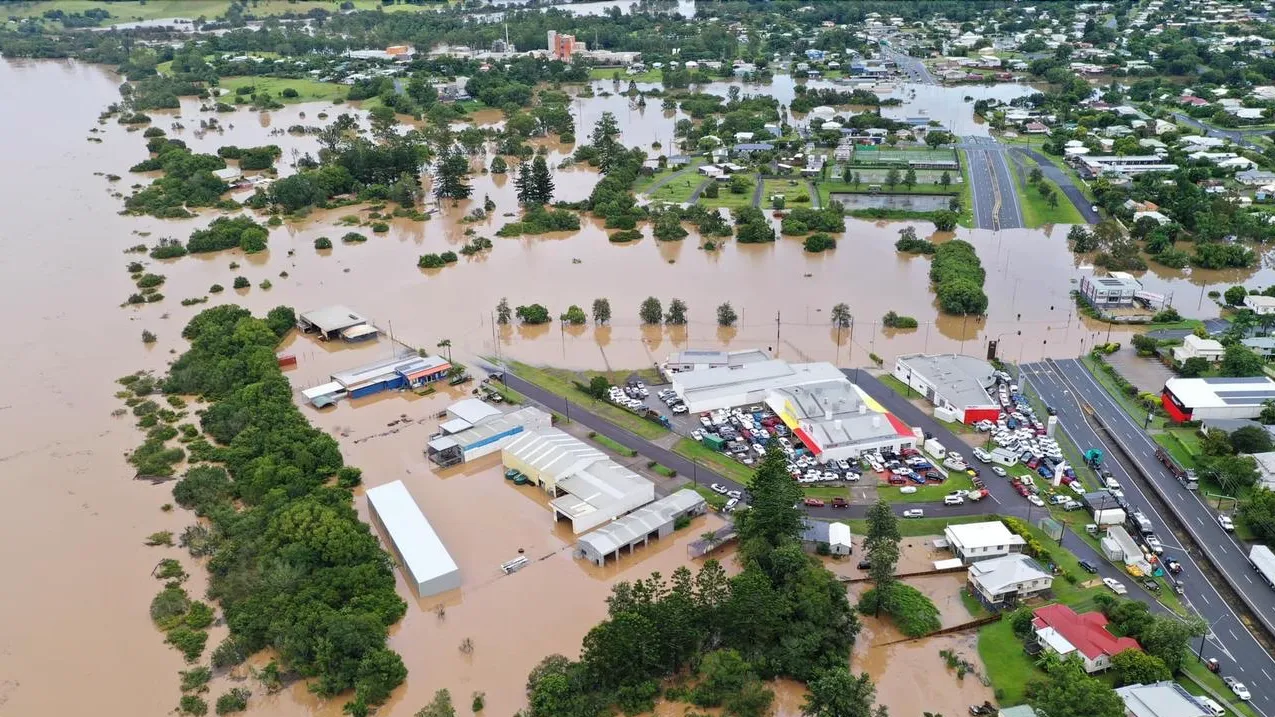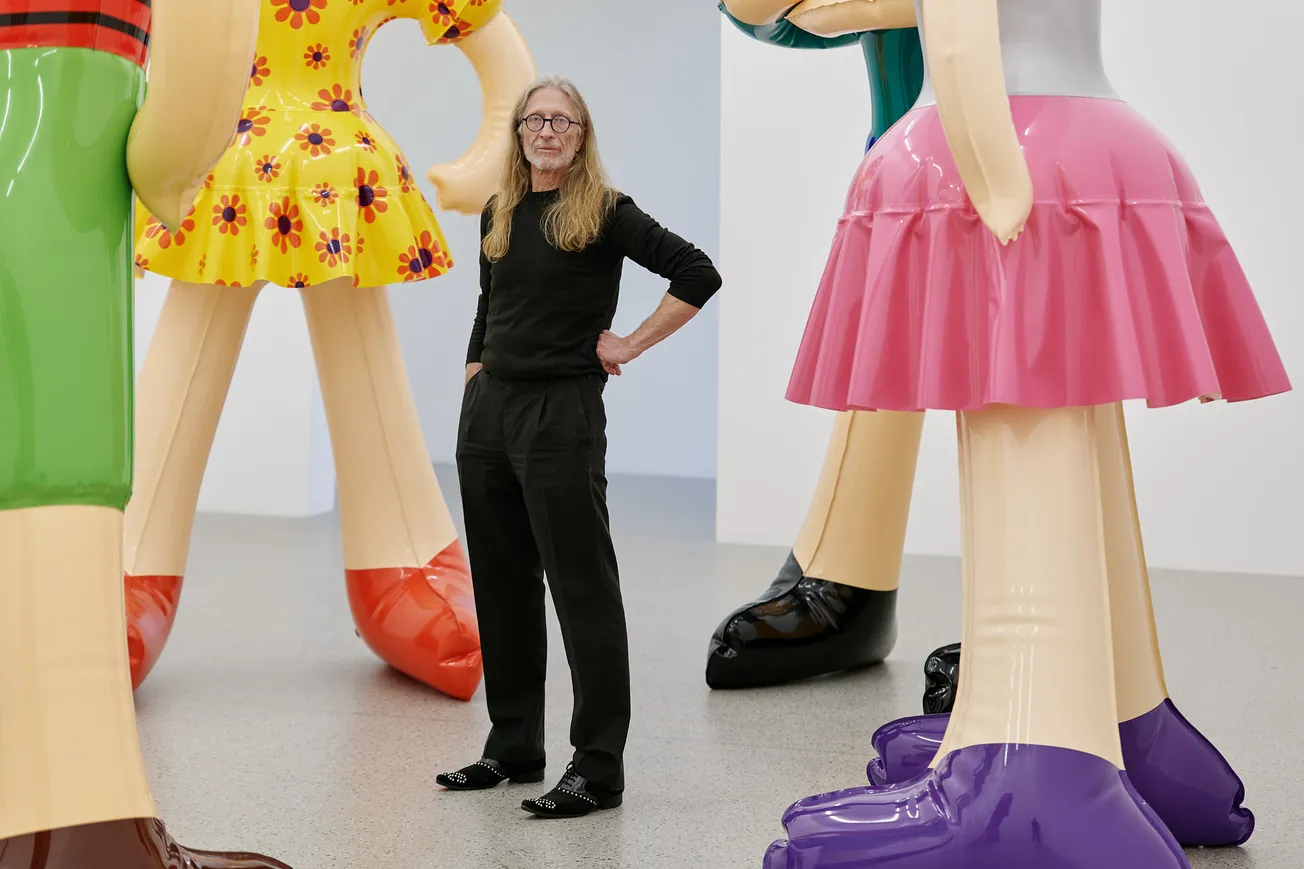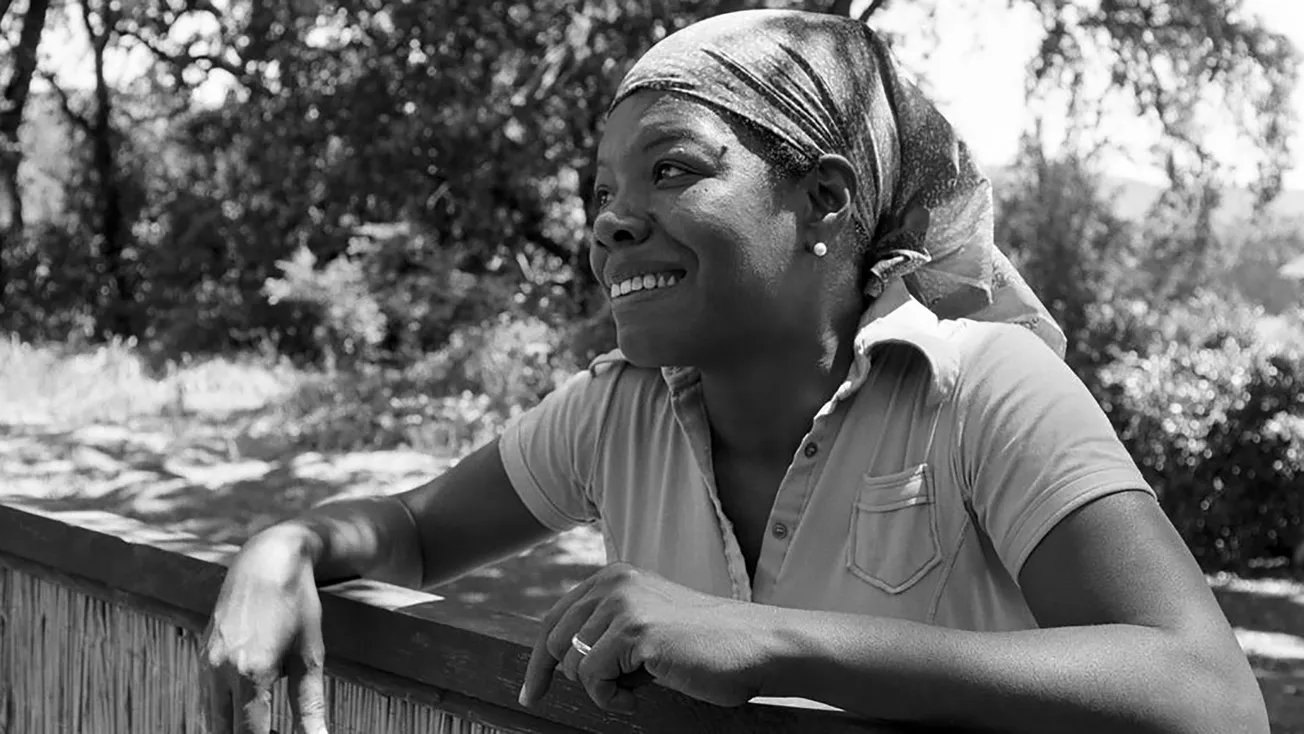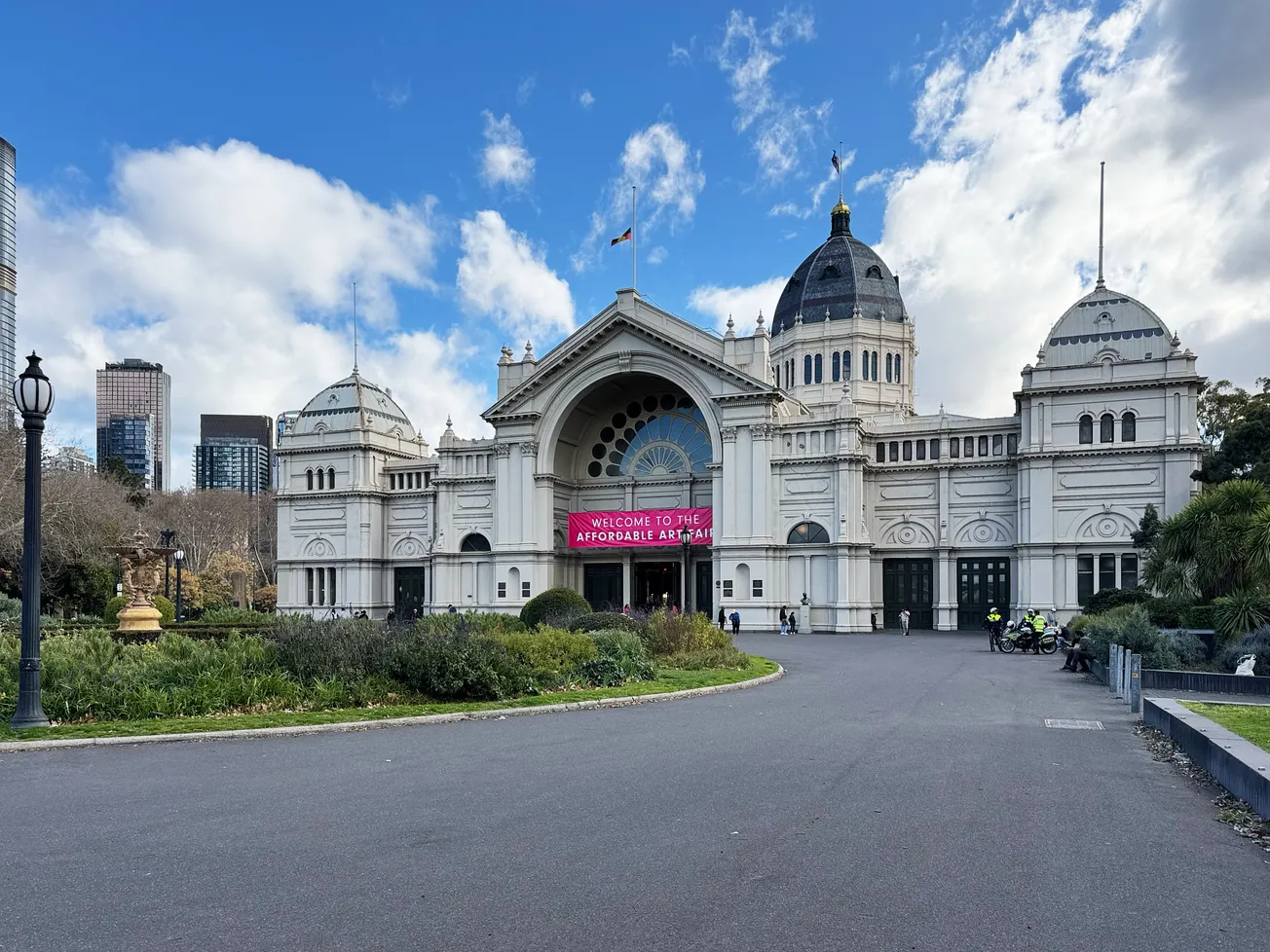Table of Contents
As Cyclone Alfred approaches southeast Queensland, Brisbane's cultural heart is implementing emergency measures to protect valuable institutions and artwork. The arts precinct, situated along the Brisbane River, includes Queensland Theatre, Museum, Performing Arts Centre (QPAC), and Queensland Art Gallery | Gallery of Modern Art (QAGOMA). These venues are particularly vulnerable due to their riverside locations.

Staff across these institutions held emergency meetings early this week to activate flood mitigation strategies. These plans have been continuously refined since previous devastating floods in 2011 and 2022. The 2022 flooding caused significant damage and delayed construction of a new theater venue at QPAC, which was originally scheduled to open in mid-2024 but remains incomplete.
Cyclone Alfred, recently upgraded to Category 2 status, presents dual threats: heavy rainfall similar to or exceeding the 2022 levels, plus the added danger of powerful winds. The cyclone is expected to make landfall early Thursday morning.
QPAC has announced its intention to continue scheduled performances throughout the week, with daily updates posted by noon. This decision will be reassessed as the situation develops.
The impact extends beyond Brisbane, affecting regional cultural events as well. The Bangalow Film Festival in Byron has been postponed following instructions from Byron Council. Festival Founder Christian Pazzaglia emphasized that "safety is our first priority and until Cyclone Alfred has passed, there is no way to be certain how the weather will unfold." The festival, originally planned for March 6-16, will announce new dates soon, with all purchased tickets remaining valid.
This emergency response demonstrates how cultural institutions must incorporate disaster preparedness into their operational planning, especially as extreme weather events become more frequent. The Brisbane arts community's proactive approach, informed by recent experience, showcases the resilience necessary for cultural preservation in challenging circumstances.
For cultural districts worldwide, Brisbane's experience offers important lessons about the necessity of comprehensive emergency planning, especially for facilities located in environmentally vulnerable areas. The potential long-term impacts on construction timelines, exhibition schedules, and performance calendars highlight the broader economic consequences that natural disasters can have on cultural infrastructure.









